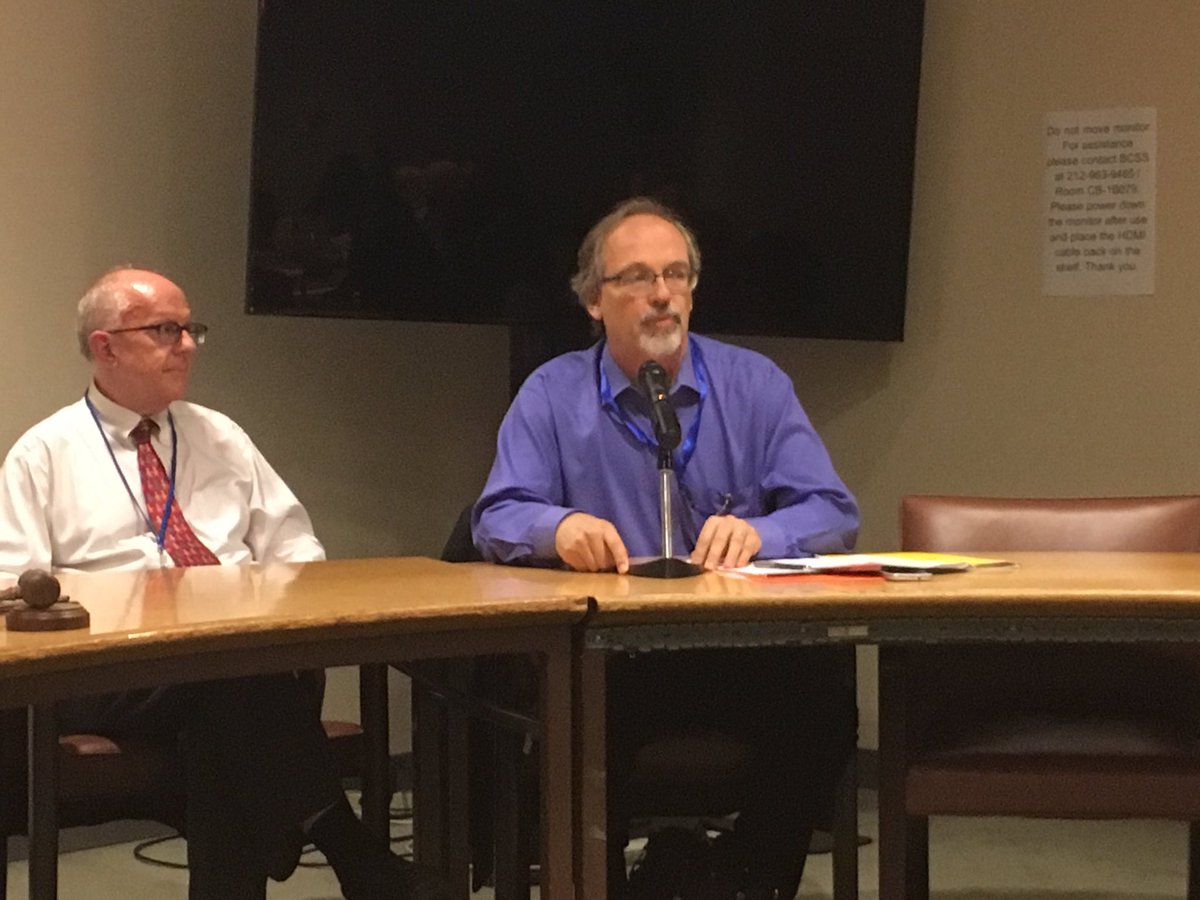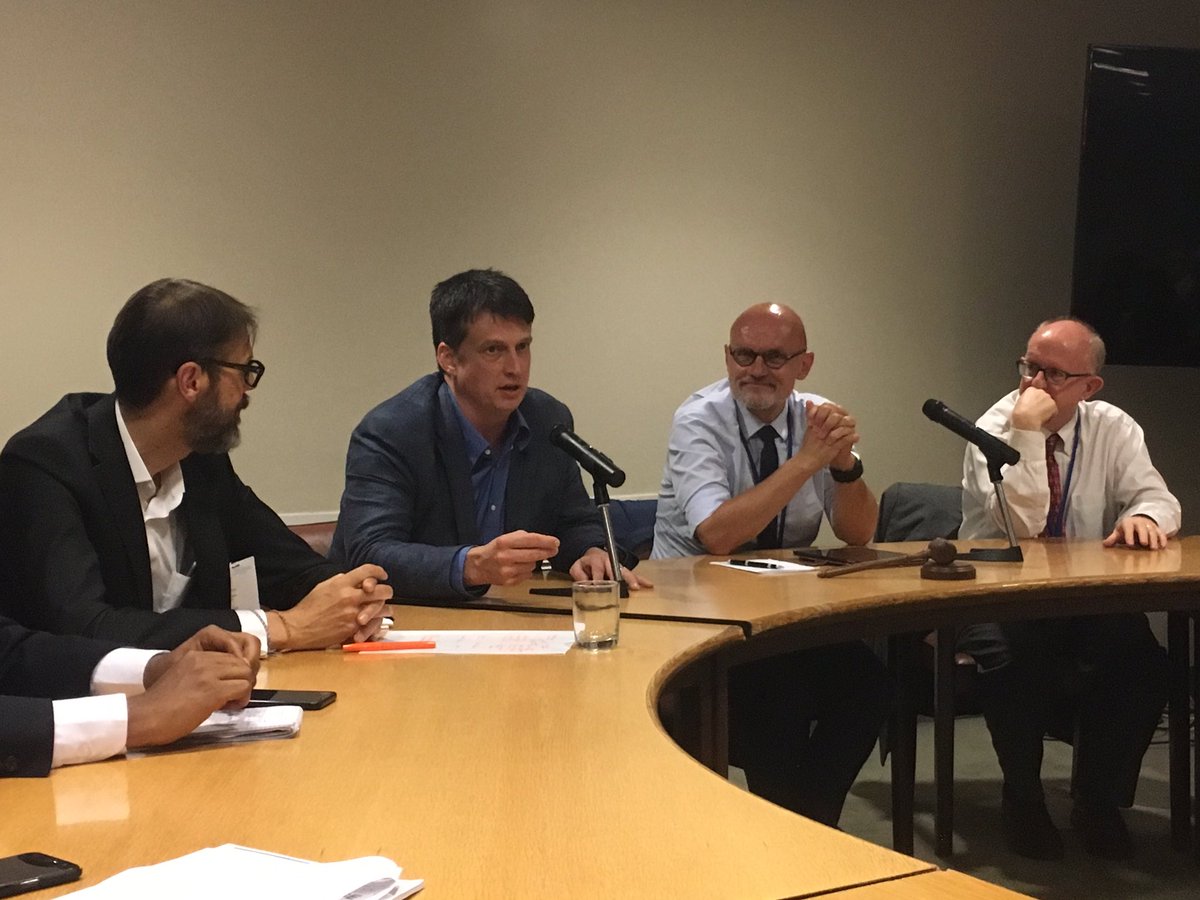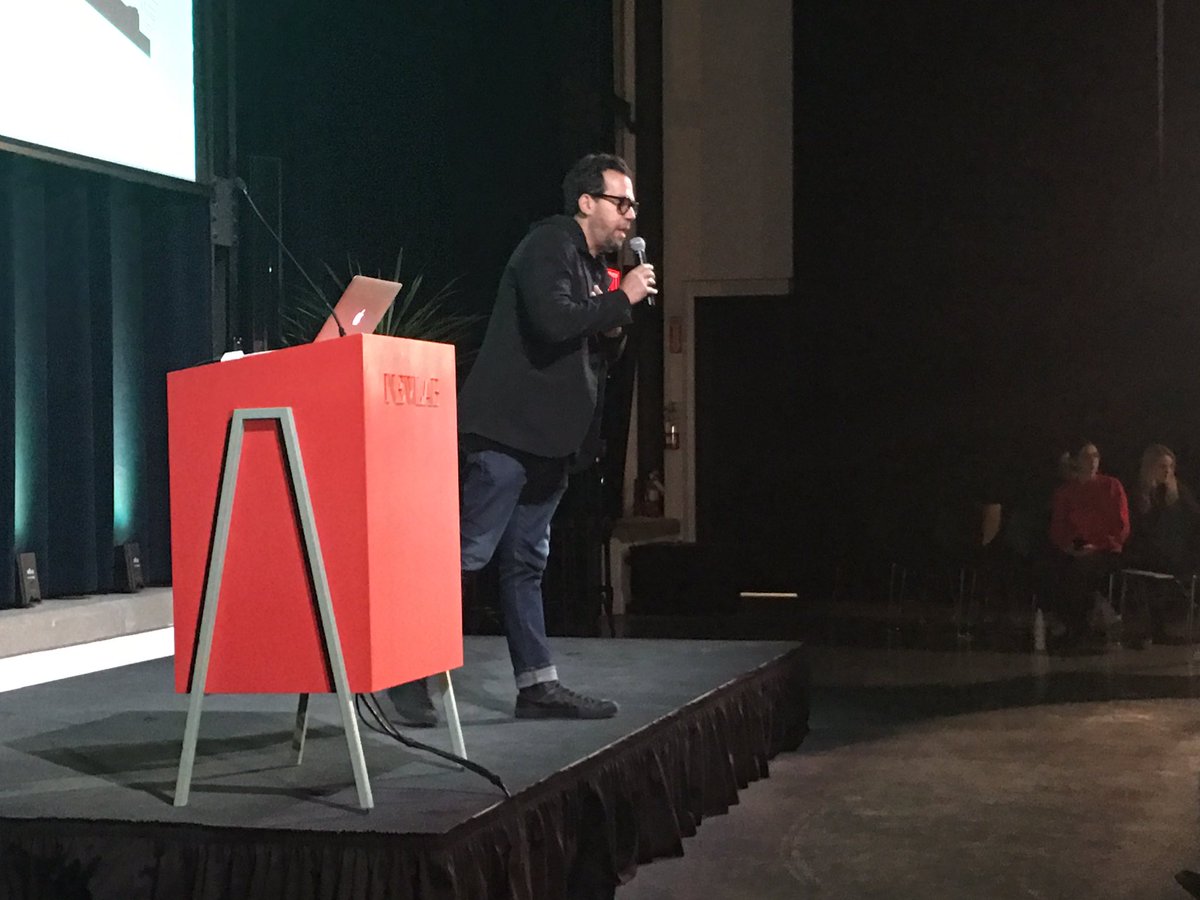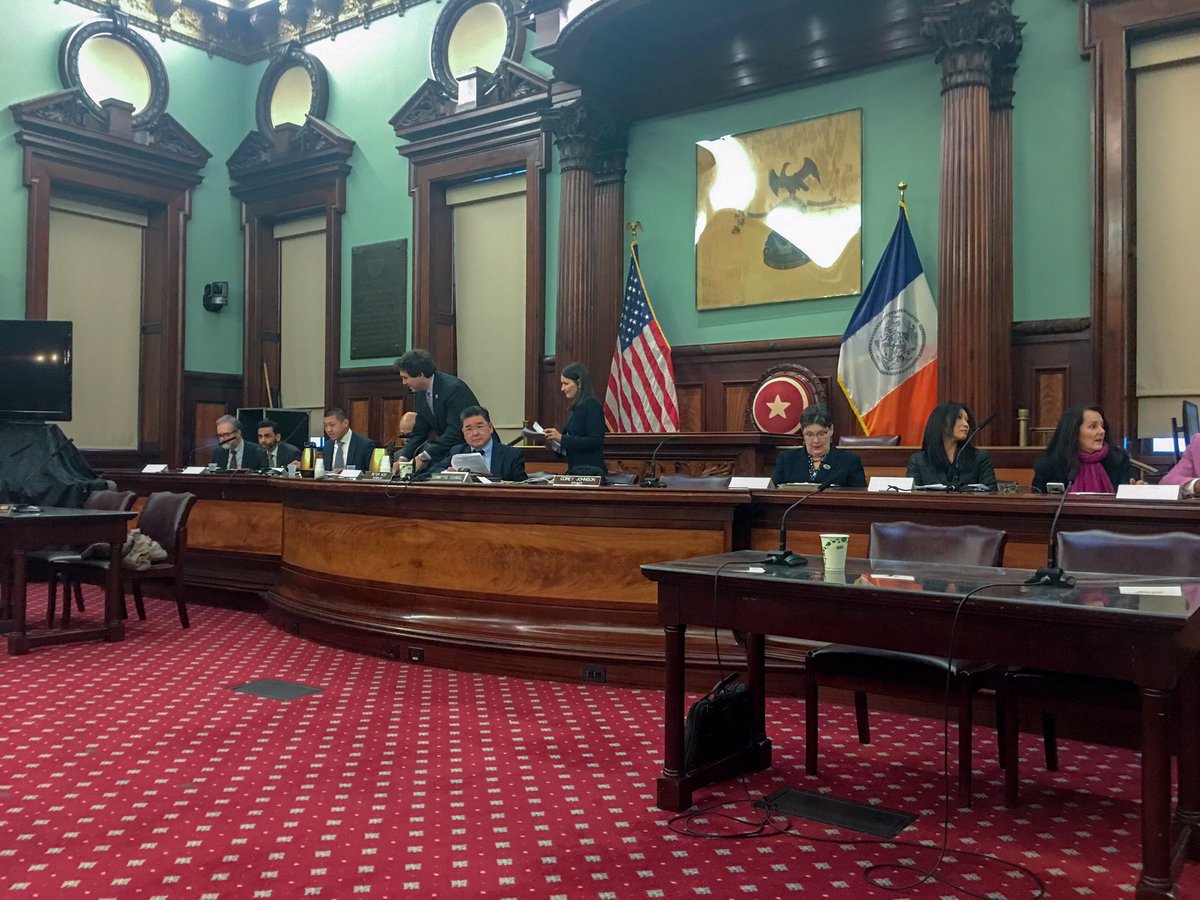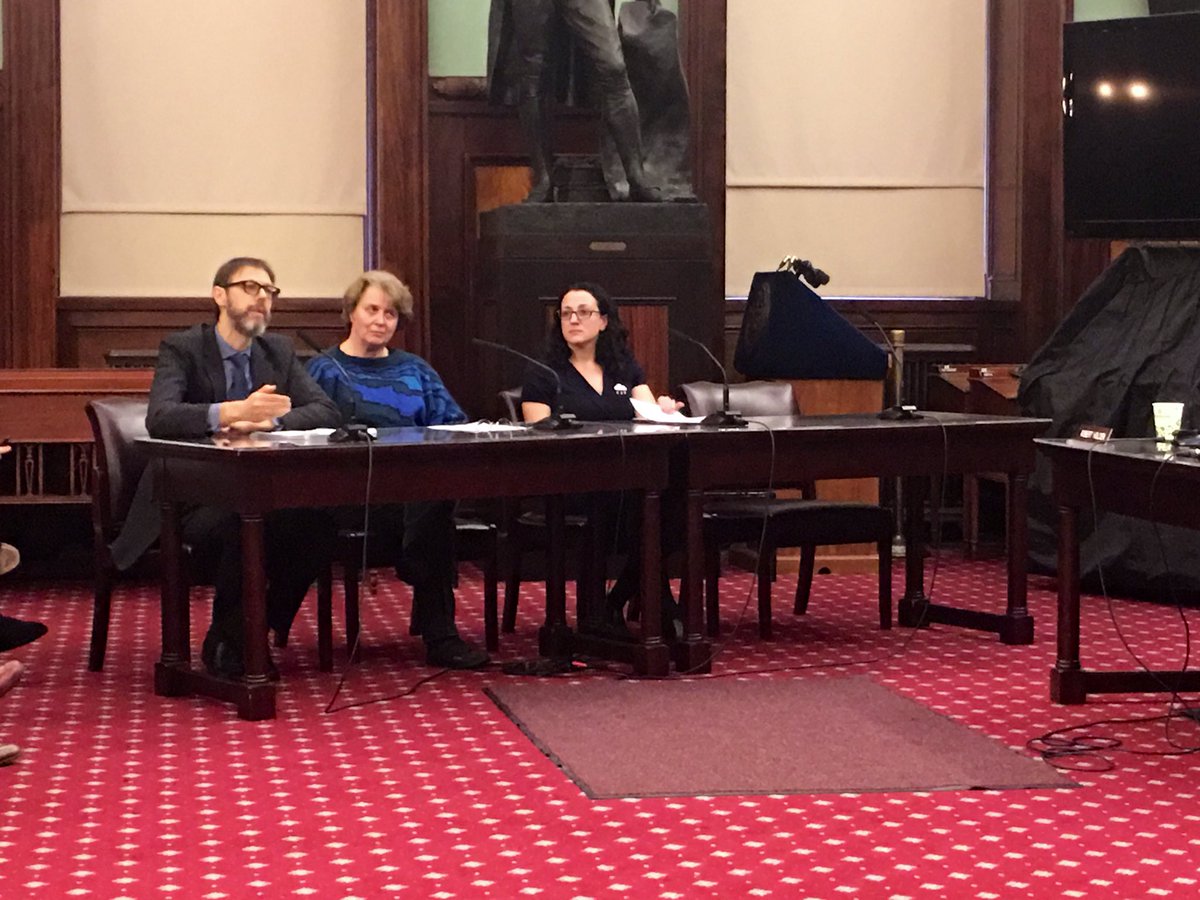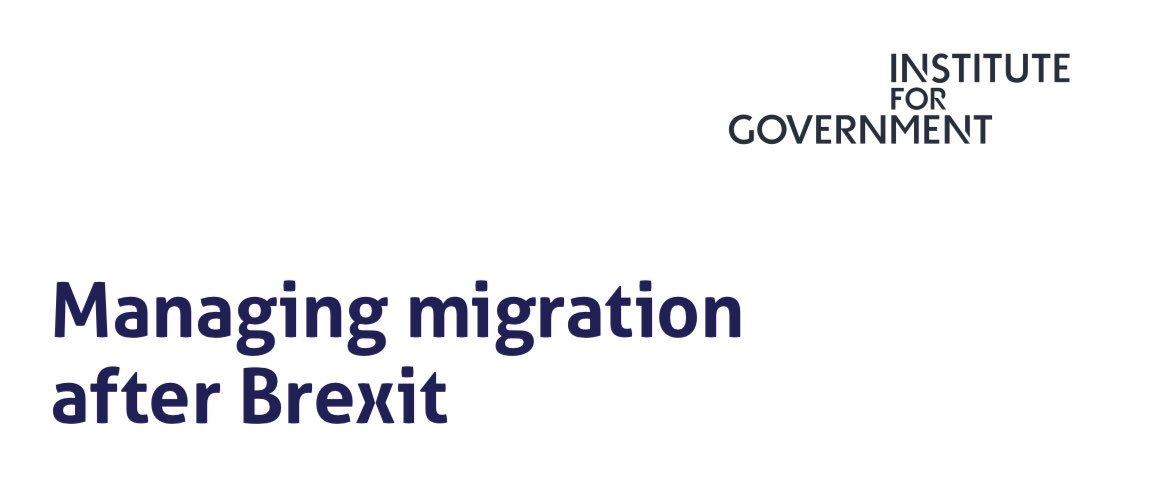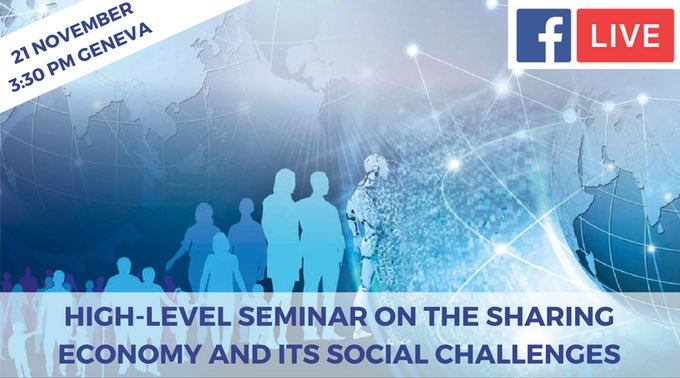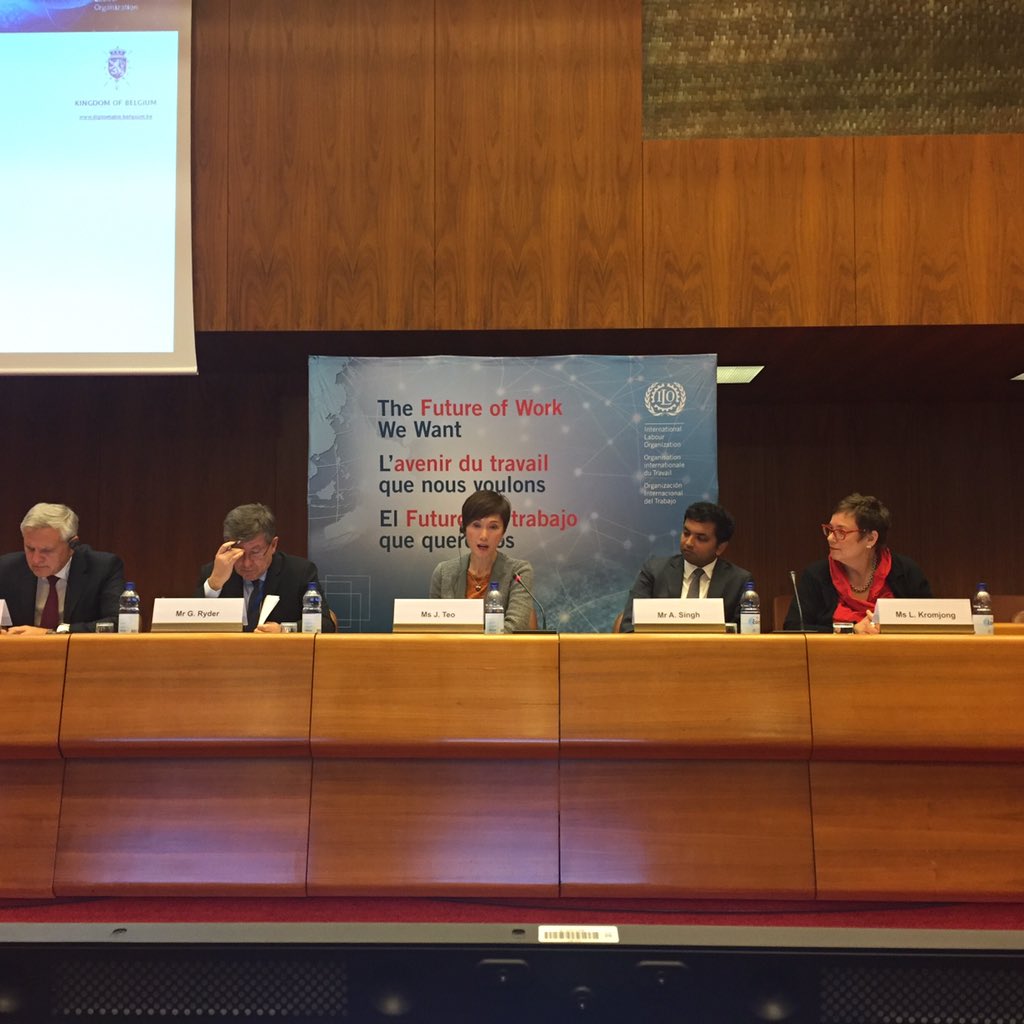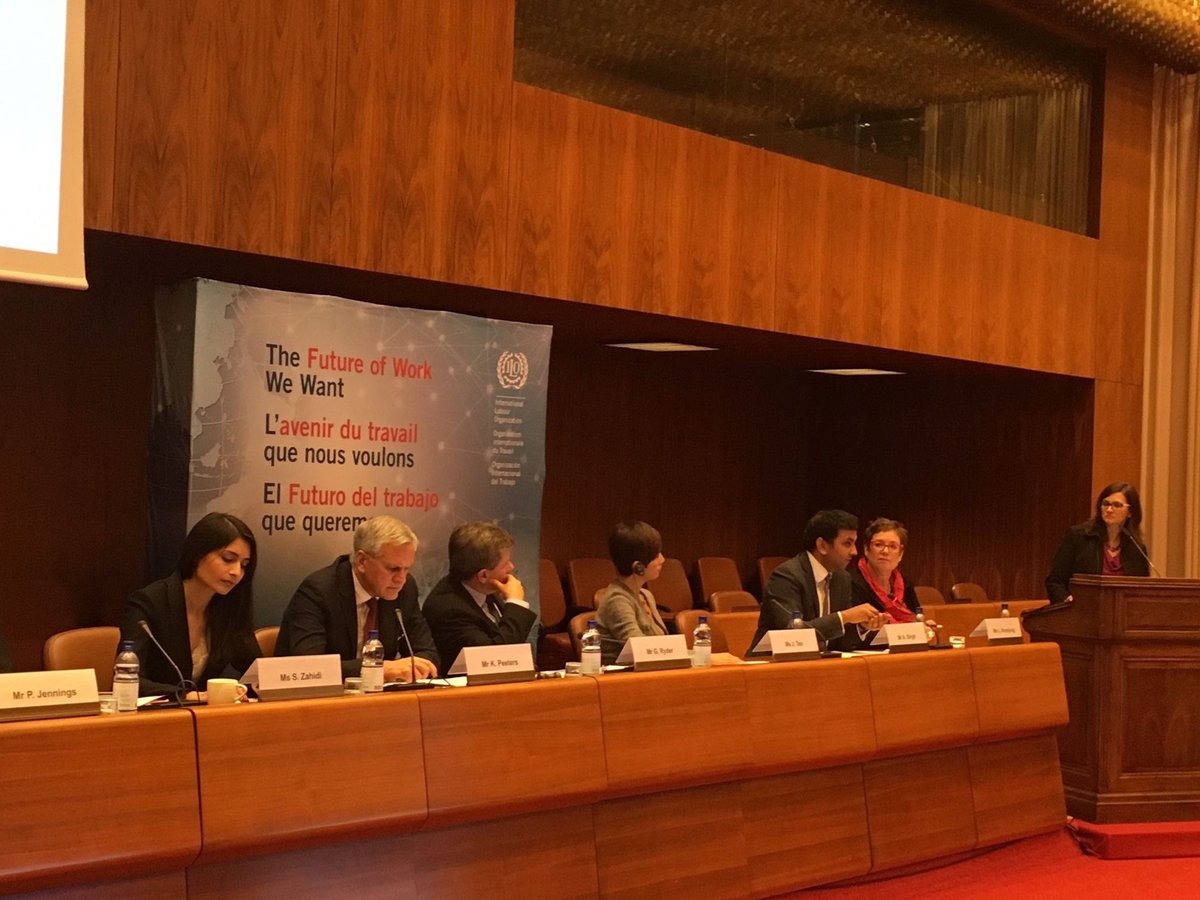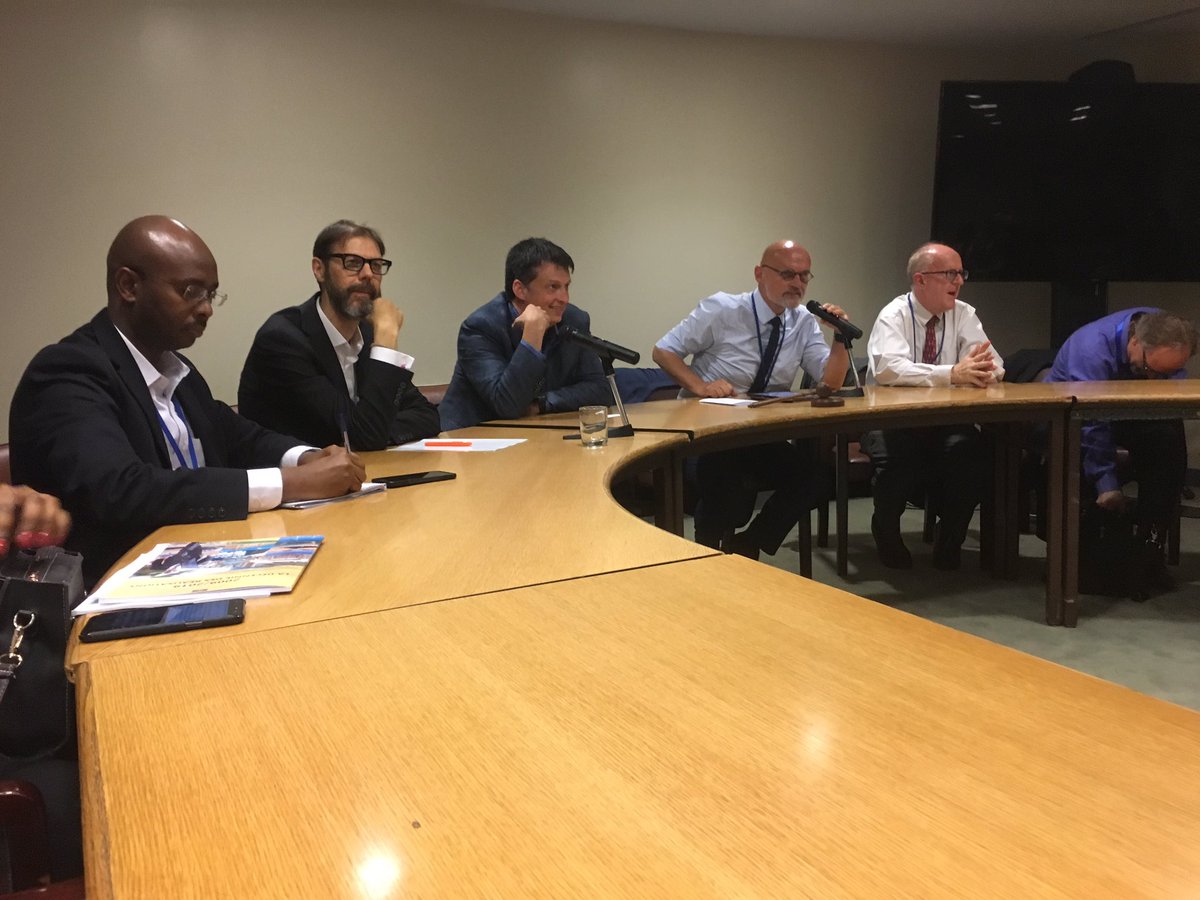
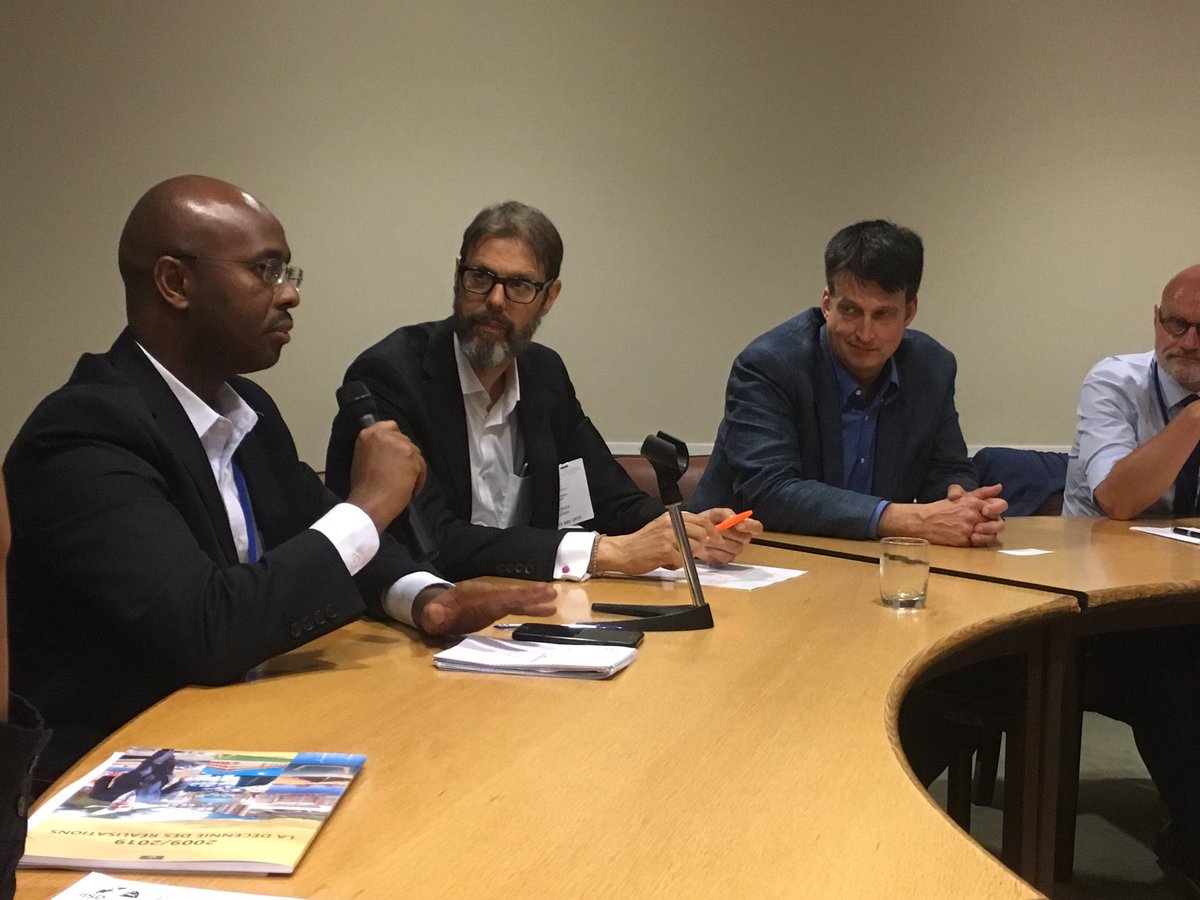
1. Boosts situational analysis in scope, granularity and speed;
2. Improves understanding of cause and effect;
3. Enables better prediction based on past patterns;
4. Allows for faster, near-instant impact assessments
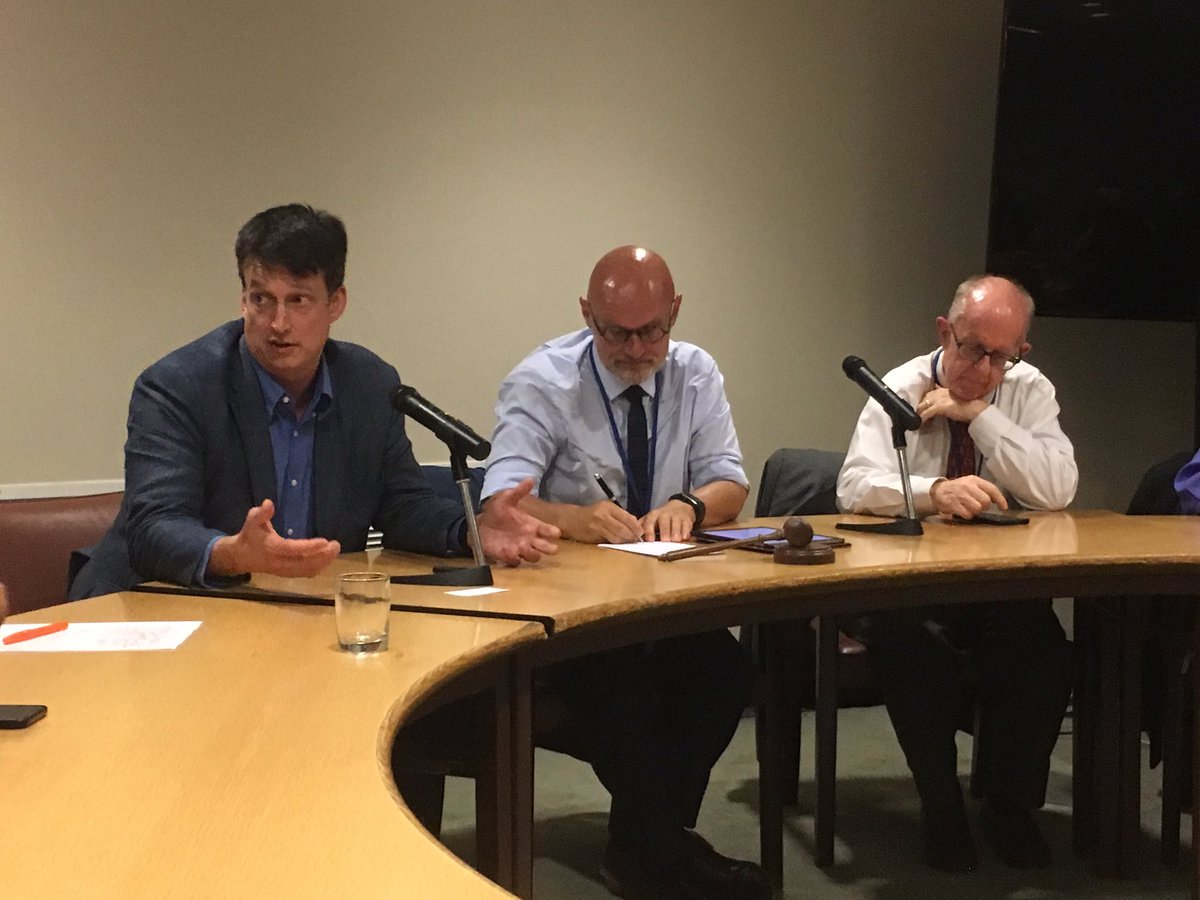
A. Need for regional hubs to build capacity in countries. Need for greater training that reinforces that #bigdata and stats go together
Also asks how we can make data more understandable to a wider audience.
Expresses concern the pressure to report internationally has overshadowed push for realizing #SDGs. Push for data should be a push for development to go as fast as possible.


